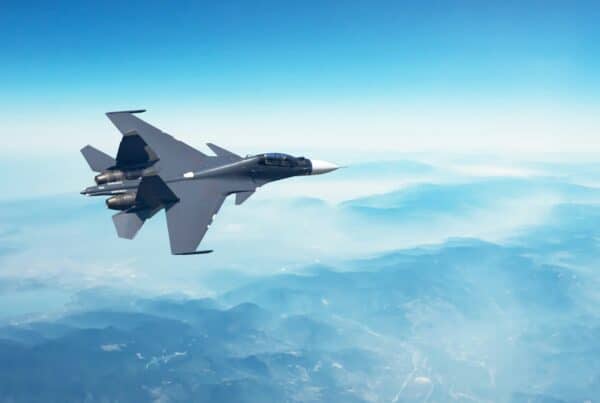Why the Middle East is Becoming a Centre of Aerospace Excellence
The Middle East is moving beyond its reputation as a market for international aviation to establish itself as a centre of aerospace innovation. Across the region, governments and industry leaders are investing heavily in space programmes, advanced defence technologies, and next-generation aviation. This shift is creating both opportunity and urgency for organisations competing to secure the specialist talent required to deliver on ambitious projects.
The UAE’s success with the Hope Probe mission to Mars demonstrated the region’s capability to lead complex space initiatives. With continued investment in satellite communications, Earth observation and exploration, demand is growing for mission-critical expertise in systems engineering, payload design, data analysis and programme leadership. These roles underpin not only space exploration but also practical applications that enhance navigation, connectivity and climate monitoring on Earth.
At the same time, rapid advances in unmanned aerial vehicles are reshaping defence and logistics. The development of secure, GPS-independent navigation and autonomous flight systems marks a turning point, moving UAV technology from experimental to operational. This transformation requires highly specialised knowledge in avionics, autonomy, AI integration and aerospace cybersecurity. The ability to attract and retain these skill sets will determine which organisations can fully capitalise on the opportunities presented by autonomous aerial systems.
Several factors position the Middle East as an emerging hub for aerospace talent. Strategic national investments are accelerating capability, global partnerships with established aerospace leaders are transferring knowledge into the region, and advanced visa and relocation frameworks are enabling the movement of niche specialists who may not be available locally. The result is an increasingly competitive environment for companies seeking to build high-performing aerospace teams.
For organisations across the aerospace ecosystem, the challenge is clear: access to infrastructure and funding alone is no longer sufficient. Success will depend on the ability to identify, secure and retain world-class aerospace talent in a market where demand is rapidly outpacing supply.
At Akkar, we work alongside aerospace and mobility innovators to address this challenge directly. By combining deep sector expertise with international mobility solutions, we connect organisations with the engineers, systems specialists and technical leaders who make innovation possible. Our mission is to ensure that ambitious programmes in space, aviation and defence are underpinned by the right people, at the right time.
The Middle East is not simply participating in the global aerospace industry. It is positioning itself as a leader. The organisations that act decisively on talent today will be the ones shaping the future of aerospace and mobility tomorrow.







